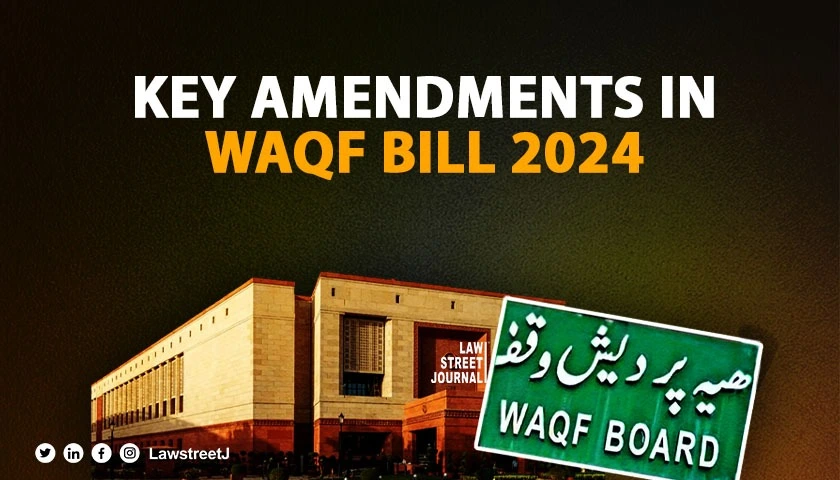New Delhi: The Union Minority Affairs Minister, Kiren Rijiju, has introduced a bill to amend the Waqf Act of 1995, which governs the management and administration of waqf properties in the country. This move has sparked strong protests from the opposition, who argue that the proposed changes will undermine the autonomy and powers of state waqf boards.
The Waqf Act was first passed in 1954 and was later replaced by a new version in 1995, which gave the Waqf boards more extensive powers. In 2013, the act was further amended to grant these boards the authority to designate properties as 'waqf property'.
However, concerns have been raised about the misuse of these powers by vested interests for land grabbing, with allegations of corruption within the waqf bureaucracy. The current bill seeks to address these issues by curbing the powers of the waqf boards. Specifically, it proposes to repeal Section 40 of the 1995 Act, which empowered the boards to unilaterally decide if a property is waqf property. Instead, the bill aims to vest this power with the district collector.
Unlimited access to all contents of Lawstreet
Most reliable, quick and growing only with subscriber support.











